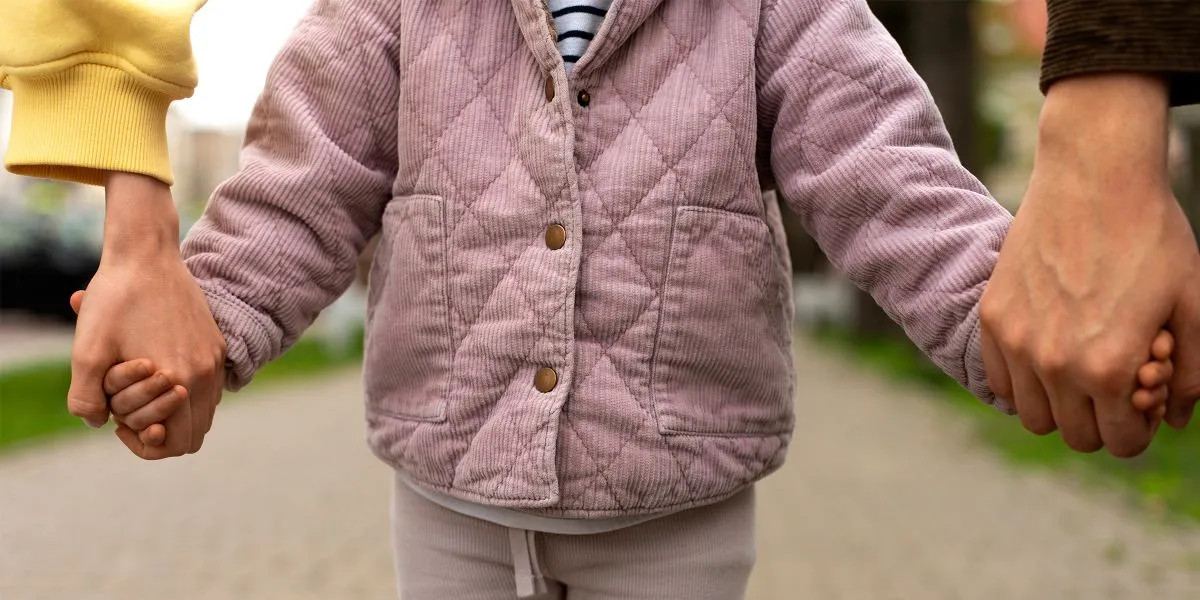My name is Patricia. I’m 61 years old, retired, and a proud mother of two. Throughout my life, I’ve always tried to uphold kindness, patience, and respect—especially when it comes to family. When my son Marcus married Layla, I welcomed her with open arms, hopeful that we’d build a strong, warm bond. I understood that joining a new family can be challenging, and I made every effort to be inclusive and supportive.
But from the very beginning, my relationship with Layla was difficult.
She and I were simply very different people, which isn’t uncommon in families. But instead of embracing those differences, she often made them a point of contention. She would roll her eyes at family traditions that meant a lot to me, dismiss holiday customs I had passed down over generations, and criticize how we did things under the guise of being “modern.” Over time, it became increasingly clear that she wasn’t just indifferent—she was openly mocking the values I hold dear.
I did my best not to take things personally. I thought maybe time would help bridge the gap. I reminded myself that not everyone expresses affection in the same way. But then, something happened that changed everything.
Two years ago, on my 60th birthday, my husband surprised me with a brand-new Toyota Camry. It wasn’t just a vehicle—it was a symbol of love, partnership, and the life we had built together. It represented my independence, especially now that I was retired and finally had time to travel, volunteer, and do the things I loved on my own terms. I took great care of that car—washed it regularly, kept the interior pristine, and treated it like a cherished gift.
One day, Layla asked to borrow it for a weeklong road trip with her friends. I hesitated. I had my concerns, not just about the car but about how she might treat something so meaningful to me. Still, I wanted to be the bigger person. I said yes, trusting that she would treat it with care.
She returned it in a condition I could only describe as heartbreaking.
The car was filthy inside and out. There were noticeable scratches along the sides, food stains on the seats, and fast food wrappers strewn across the back. It was clear she hadn’t made the slightest effort to be respectful or responsible. When I calmly expressed my disappointment, she laughed and said, “It’s just a car.”
That moment stung more than I expected. It wasn’t about the mess—it was the complete disregard for something important to me. My son, Marcus, tried to smooth things over. He said I was overreacting, that I should let it go. But for me, that was the turning point. I had tolerated disrespect in the name of family harmony, but this was too much.
I didn’t raise my voice. I didn’t start a confrontation. Instead, I decided it was time to draw a boundary—quietly, but clearly.
Without saying a word, I took an unconventional path. I visited a local pet shop and, over the next few weeks, anonymously sent a series of “mystery deliveries” to Layla’s home. These included harmless but annoying items: boxes of chirping crickets, silly prank gadgets, and novelty stink bombs—all wrapped in plain packaging. She never figured out where they came from. But as I heard through the grapevine (and saw from her social media posts), the situation left her thoroughly unsettled—and, perhaps for the first time, humble.
I never revealed what I did, and I don’t intend to. But over time, I noticed something shift. Layla became quieter during family gatherings, more respectful. And Marcus—perhaps sensing that something had gone too far—began making more of an effort to reconnect with the family.
Looking back, I don’t regret how I handled things. I didn’t act out of cruelty, but out of self-respect. Sometimes, when words fail and open hearts are met with closed doors, it takes a little creativity to restore balance. I believe in kindness, but I also believe in dignity. And occasionally, a dose of poetic justice can be the gentle nudge someone needs to reconsider their actions.
Today, things are more peaceful. I’ve moved forward without bitterness, and my relationship with Marcus is stronger. Layla and I will probably never be best friends, but we now co-exist with mutual, if cautious, respect.
At the end of the day, family isn’t about perfection. It’s about navigating conflict with grace—and knowing when to draw the line.
⸻
Let me know if you’d like to adjust the tone further—perhaps more lighthearted, or more serious—or if you’d like a version tailored for print, email newsletters, or storytelling platforms.




